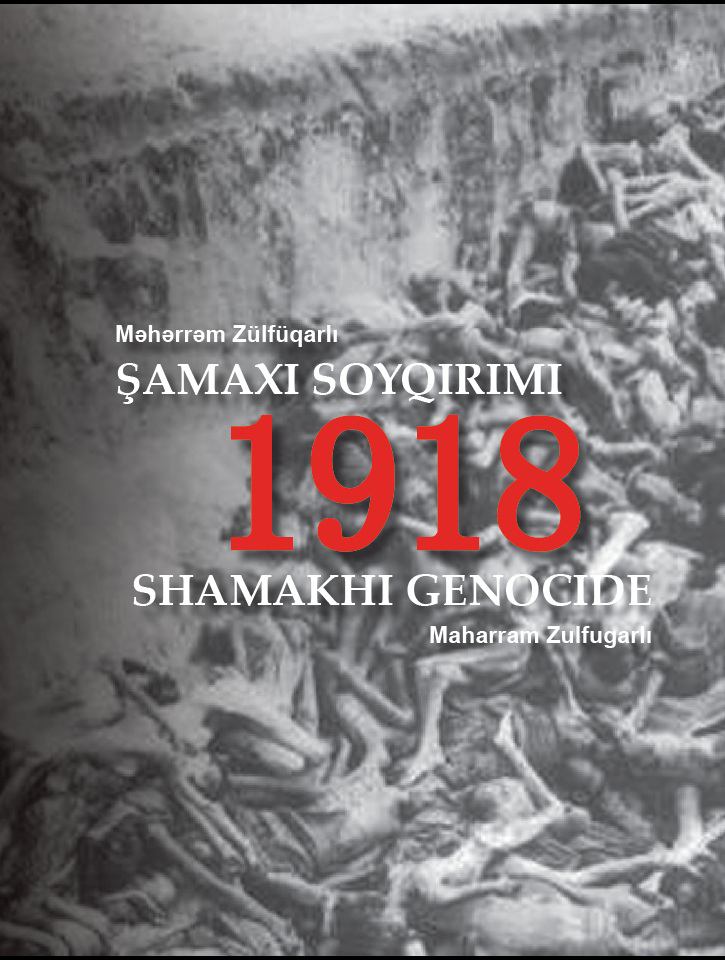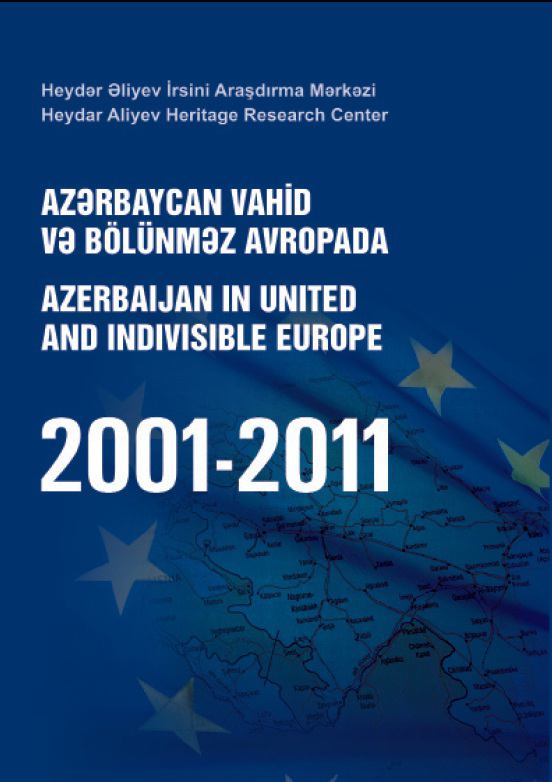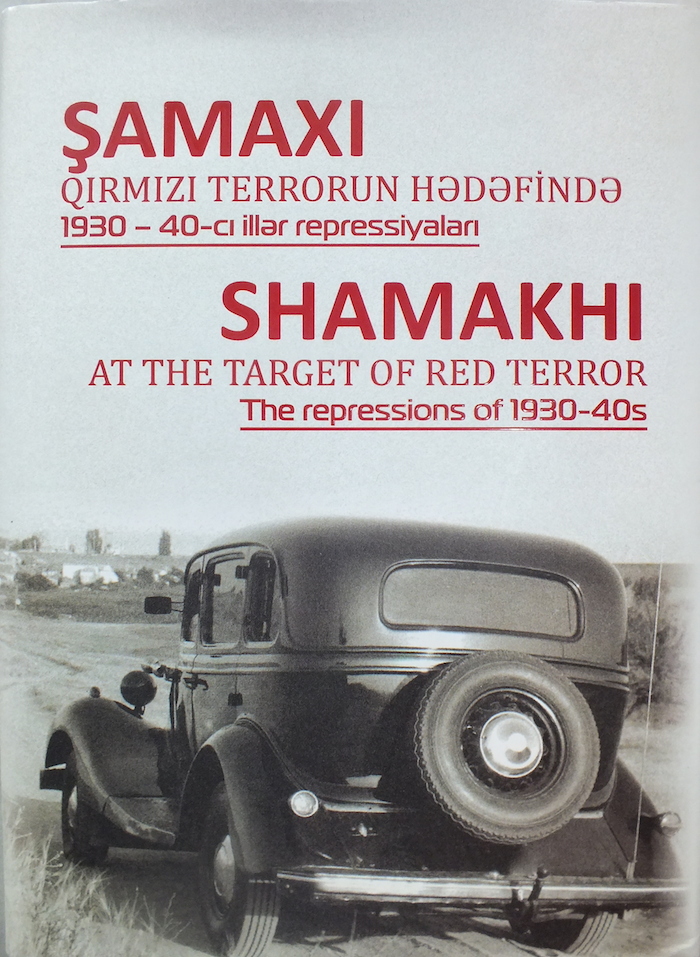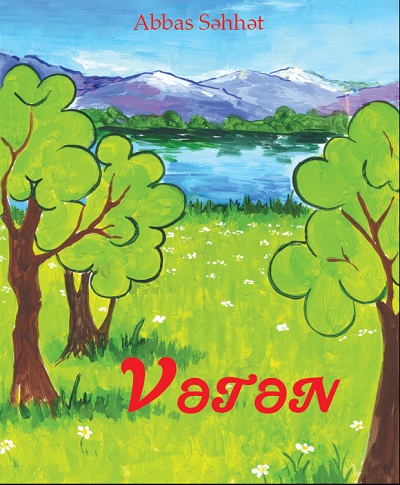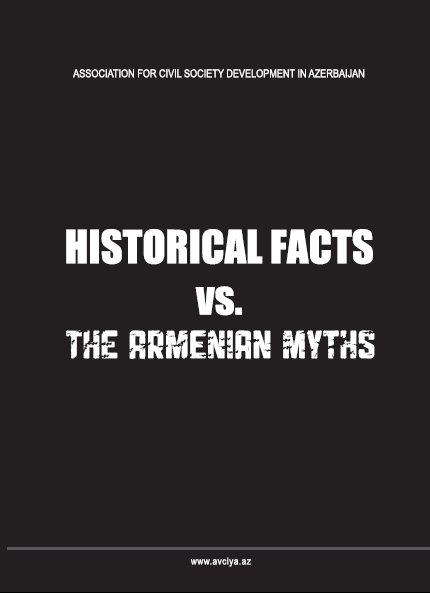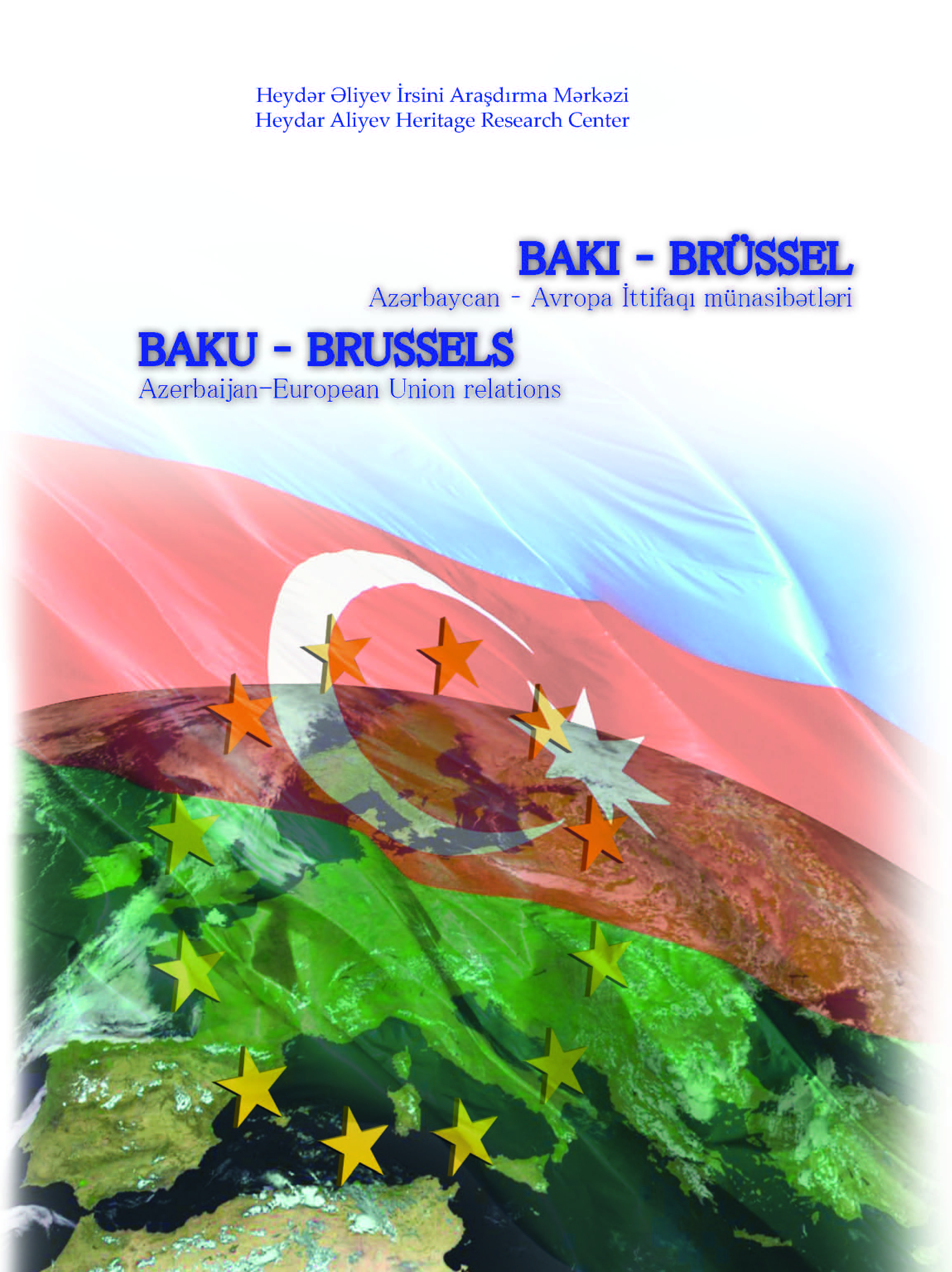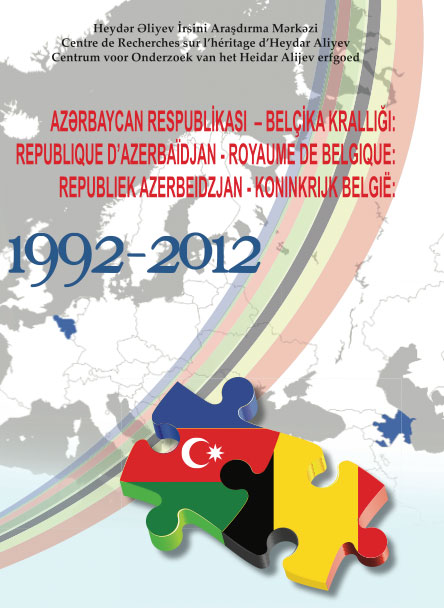Actual international view as a result of the occupation of Azerbaijani territories
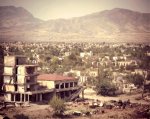 1. Armed aggression and occupation by Armenia inflicted serious material and moral damage.
1. Armed aggression and occupation by Armenia inflicted serious material and moral damage.
20 percent of Azerbaijani territory including Nagorno-Karabakh region and 7 surrounding provinces has been under Armenian occupation for about 25 years. As a result of forced migration and ethnic cleansing policies of Armenia, over a million Azerbaijani citizens became IDPs and refugees, facing grave human rights violations. Social and economic infrastructure of Azerbaijan in the occupied territories became destructed, thus resulting in serious social, economic and environmental losses. The damaged incurred on cultural and historical heritage in the occupied territories cannot be measured in monetary terms.
 1. Armed aggression and occupation by Armenia inflicted serious material and moral damage.
1. Armed aggression and occupation by Armenia inflicted serious material and moral damage.
20 percent of Azerbaijani territory including Nagorno-Karabakh region and 7 surrounding provinces has been under Armenian occupation for about 25 years. As a result of forced migration and ethnic cleansing policies of Armenia, over a million Azerbaijani citizens became IDPs and refugees, facing grave human rights violations. Social and economic infrastructure of Azerbaijan in the occupied territories became destructed, thus resulting in serious social, economic and environmental losses. The damaged incurred on cultural and historical heritage in the occupied territories cannot be measured in monetary terms.
The occupation inflicted material damage in excess of 431 billion dollars on Azerbaijan, the cost of which is increasing every year. The moral damage it caused, being unquantifiable, is felt in every day lives of one million and eight hundred fifty thousand Azerbaijani citizens.
2. Sarsang water reservoir being under occupation is a serious source of risk for frontier regions.
It should be noted that melioration and irrigation networks of Azerbaijan’s frontier regions (Agjabadi, Aghdam, Barde, Goranboy, Tartar, Yevlakh) benefited from the 125-meter Sarsang water reservoir built on the Tartar river since its inception in 1976. Unfortunately, this reservoir has been under occupation for more than 22 years. Due to lack of maintenance, the lands of 6 regions surrounding the reservoir were deprived of water. According to the calculations of some experts, the fact that the failure of the Soviet-era reservoir will pose a catastrophic threat to the 400,000 people who live downstream is inevitable. Armenia’s management of the reservoir has already created an ongoing crisis, eroding roads in nearby provinces when it is opened in the winter, and drying out surrounding farmland when it is closed in the summer. Yet because of Armenia’s occupation of the region, the danger of this unfolding economic, humanitarian and ecological tragedy has only recently come to light.
3. Nakhchivan’s blockade prevents the development of the region.
The autonomous Republic of Nakhchivan is under blockade of Armenia since almost 25 years. Over 410.000 civilians living in this territory suffer from the lack of natural gas and electricity, which harms their economic and social development. Regretfully, the situation in Nakhchivan is rarely addressed in the international sphere and no resolution have been adopted in international organizations such as PACE on Nakhchivan so far.
4. The situation of Crimea and Nagorno Karabakh strongly differ from each other.
Many experts highlight the similarities between Crimea and Nagorno Karabakh. However, these two conflicts significantly differ from each other in historical, political, and legal terms. For example:
a. All ethnic elements including Russians, Ukranians, Crimean Tatars participated in the referendum in Crimea. Any future voting under the disguise of a plebiscite in Nagorno-Karabakh would only involve Armenians living in the occupied territories. It is important to note that this territory was forcefully turned to a monoethnic one. As Azerbaijanis were subject to ethnic cleansing and forced migration, Armenians constitute the only ethnic element in Nagorno-Karabakh today.
b. According to international law, the right to self-determination is not applied to people who wage a war and commit violent actions, massacres, and genocide towards other nations, and forceful division of states cannot be considered as legal.
5. Azerbaijan supports the territorial integrity of Ukraine, but we demand the same support to Azerbaijan as it is the case for Ukraine.
Azerbaijan supports the territorial integrity, sovereignty, and inviolability of borders of Ukraine. The Azerbaijani delegation supported the resolution on “The territorial integrity of Ukraine” in the UN General Assembly on March 27th and made its position clear on this issue.
At the same time, I believe that Nagorno-Karabakh is not a frozen conflict, but a dangerous source of instability for the whole South Caucasus and an occupied territory and deserves the attention just as Ukraine. Thus, international organizations and European institutions should respect their own decisions and implement the adopted decisions.
410 thousand people of Nakhchivan, 400 thousand people of 6 (six) regions, and almost 1 (one) million Azerbaijani people – totally 1.850.000 Azerbaijani citizens – live under difficult social and economic conditions, being deprived of all their rights, due to accordingly the Armenian aggression, blockade, occupation of Sarsang water reservoir, and military occupation continuing for over 20 years.
Nevertheless, the international organizations defend Armenia by all means, do not want to take any concrete step for ending the occupation, limit themselves with adopting resolutions, do not apply sanctions against Armenia, and they not only do not make any difference between Azerbaijan, which is exposed to aggression, and aggressor Armenia, even attempt to present Armenia as a more democratic country.
6. In six Eastern Partnership countries.
5 post-Soviet countries participate in the Eastern Partnership program apart from Belarus. The main purpose of the Eastern Partnership is to achieve closer integration between the partner countries and the EU. Yet, the Russian factor is absent from the main objectives of the Partnership.
Post-Soviet countries have relations with Russia in different fields. The solution to most territorial problems of EaP countries is dependent on Russia. The absence of the Russian factor in the EaP puts Eastern Partner countries in a difficult situation where they are eventually pushed to make a choice between the European Union and Russia.
On the other hand, EaP countries cover a geopolitical area, where there is a conflict of interest between the West and Russia. So far, the EU hasn’t proposed a tool for overcoming risks that will occur by joining the EaP. The partner countries are not immune to these geopolitical threats.
In this context, the crisis in Ukraine is of geopolitical character. If the Eastern Partnership Program fails to solve territorial problems of its partner countries, or doesn’t protect them against new territorial and economic losses, we should seriously think about the future of this program.
Generally, the fate of the unsuccessful Eastern Partnership Program, which seems to have hopeless and dark future, and the Euronest ParliamentaryAssembly should be review following the elections in the European Parliament.
7. Azerbaijan favors a bilateral strategic relationship with the EU.
The Association Agreement is not a universal agreement; it is a bilateral agreement signed between EU and its neighbours. The terms of the agreement are defined on the basis of negotiations held between the concerned parties. Azerbaijan favours a bilateral strategic partnership with the EU, and negotiations between the EU and Azerbaijan are being conducted in this framework for over a year.
8. Azerbaijan and the European Union are cooperating in the field of energy.
The Shah Deniz gas is expected to be transported through Trans-Adriatic (TAP) and Trans-Anatolian (TANAP) gas pipelines to Europe in 2018. Baku-Tbilisi-Ceyhan oil pipeline, Baku-Tbilisi-Arzurum gas pipeline, and Baku-Tbilisi-Gars railway projects are also contributing to the energy security of the EU.
9. Despite common position of international organizations, no sanction is applied against Armenia
The United Nations Security Council adopted 4 resolutions (Resolutions 822 853, 874 and 884) on occupation of Azerbaijani territories in 1993, calling full and unconditional withdrawal of the occupying forces from all the occupied territories. The Armenian occupation of Azerbaijani territories was also condemned by PACE, European Parliament and other international organizations.
Despite the support of international organizations for the territorial integrity of Azerbaijan within its internationally recognized borders by various resolutions and statements, no sanction is applied against Armenia.
The international community doesn’t go beyond condemning the Armenian aggression against Azerbaijan and the inertia to enforce the above-mentioned resolutions points out to the existence of double standards.
10. Azerbaijan faces discrimination in international organizations.
We participate in the Eastern Partnership program for many years. We are a member of the Council of Europe since 14 years. We cooperate with NATO and the EU. But, the resolution of our problems was not duly upheld by these international organisations where we face discrimination for 20 years.Amid the diplomatic tough talk and sanctions that have been imposed on Russia over its annexation of Crimea, double standards and hypocrisy of the West over the occupied territories, Nagorno-Karabakh and surrounding provinces is reflected more clearly. These regions of Azerbaijan have been occupied by Armenia for almost 25 years in clear violation of international law but, the EU ignores this breach of its territorial integrity and the suffering of one million displaced people. A law is a law and should never be interpreted differently for different countries. The world steps diplomatic pressure on Moscow now but where are the sanctions against Armenia? The international community should give the same support to Azerbaijan as the statements and events supporting Ukraine and its territorial integrity while respecting its own resolutions adopted by the European Parliament, Council of Europe and United Nations Security Council.
I believe that Azerbajian should take lesson from the support to Ukraine by US and Western countries, as well as all their international organizations and demand the application of sanctions against Armenia and its rights from the world community, in particular the European Union, Council of Europe, and OSCE.
However, instead of doing it, they are always engaged with making Azerbaijan busy with different excuses. And the international organizations prepare for wide-scale attacks against our country during Azerbaijan’s chairmanship in the CoE Committee of Ministers under the name of human rights in order to defend Armenia. Its germs are already observed.
The Council of Europe, which considers itself the house of freedom and unity, wants to confrim to the world community that they mainly deal with human rights. If to investigate, one can see that this is applied to only four countries out of 47 CoE Member States:
– Russia, Ukraine, Turkey, and Azerbaijan.
Currently, international organizations, as well as CoE excluded Ukraine from this list. Furthemore, the above-mentioned power centers beware of the attacks against Turkey, which is of special importance for them.
On the other hand, PACE temporarily deprived Russia from voting rights on April 10. Nevertheless, 2 days after, many of them became dissappointed that they did not find the country to attack. Thus, the number of the targets under the name of human rights in PACE was minimum. Therefore, the Council of Europe secretly started its attack strategy against Azerbaijan, observing its working dynamics.
Everybody knows that the international organizations have its well-known work dynamics for attacking any country, especially Azerbaijan. A number of international NGOs, which are financed by powerful states, exercise their tasks, and give a source of support with so-called and slanderous facts, namely Amnesty International, Human Rights Watch, European Stability Initiative, Freedom House, and other international organizations start an activity against our country regarding human rights and freedom of speech. Then, the events are continued under old scenario: at the same time, they strengthen themselves through different methods by financing local NGOs. By the way, I would like to state that some Azerbaijani NGOs are champions among national NGOs from CoE Member States in attacking their countries with groundless slander through foreign donors.
Elkhan Suleymanov,
President of the Association for Civil Society Development in Azerbaijan
MP from Shamakhy

